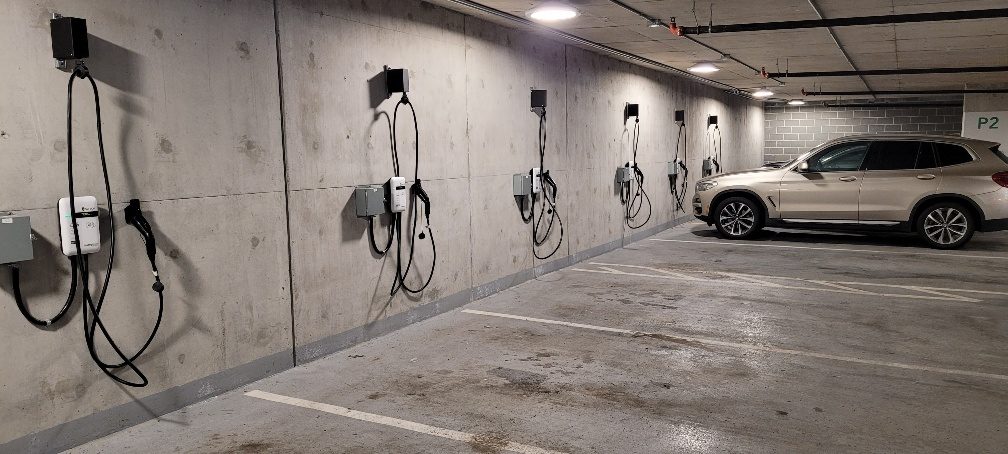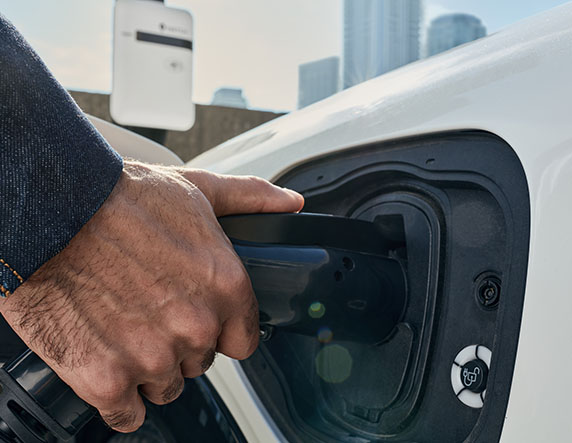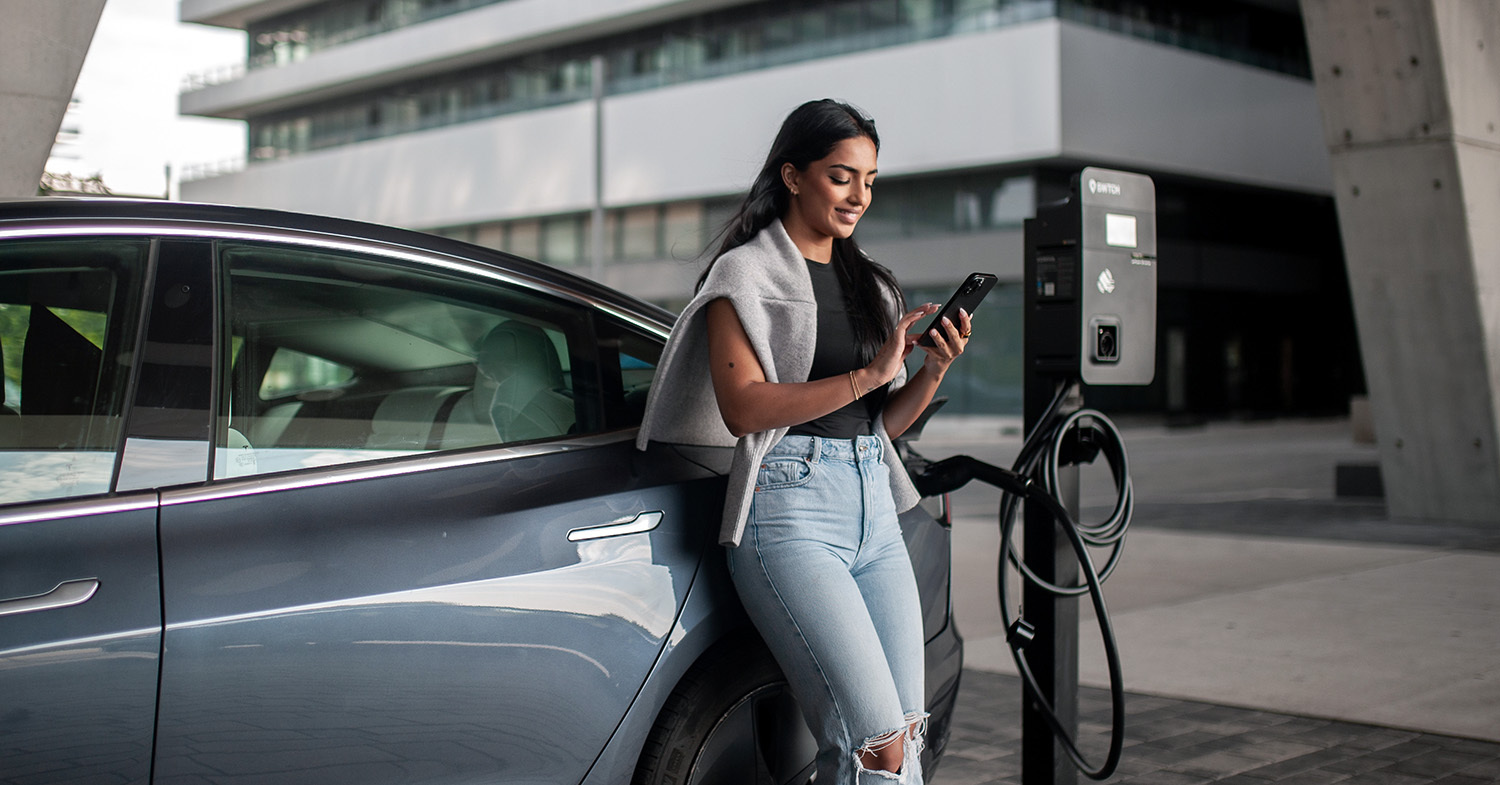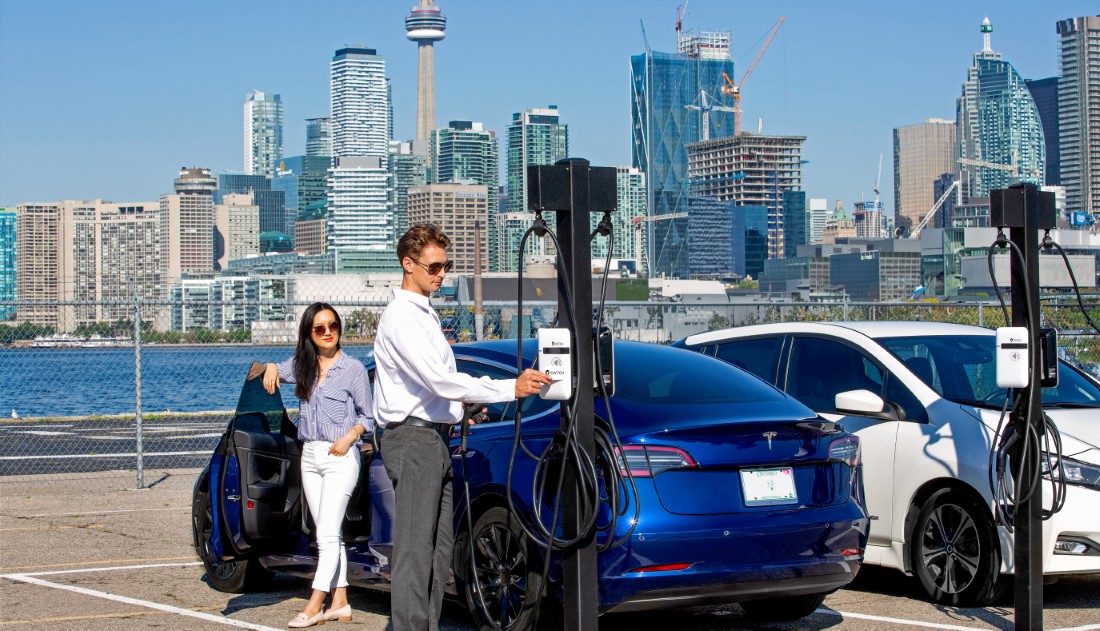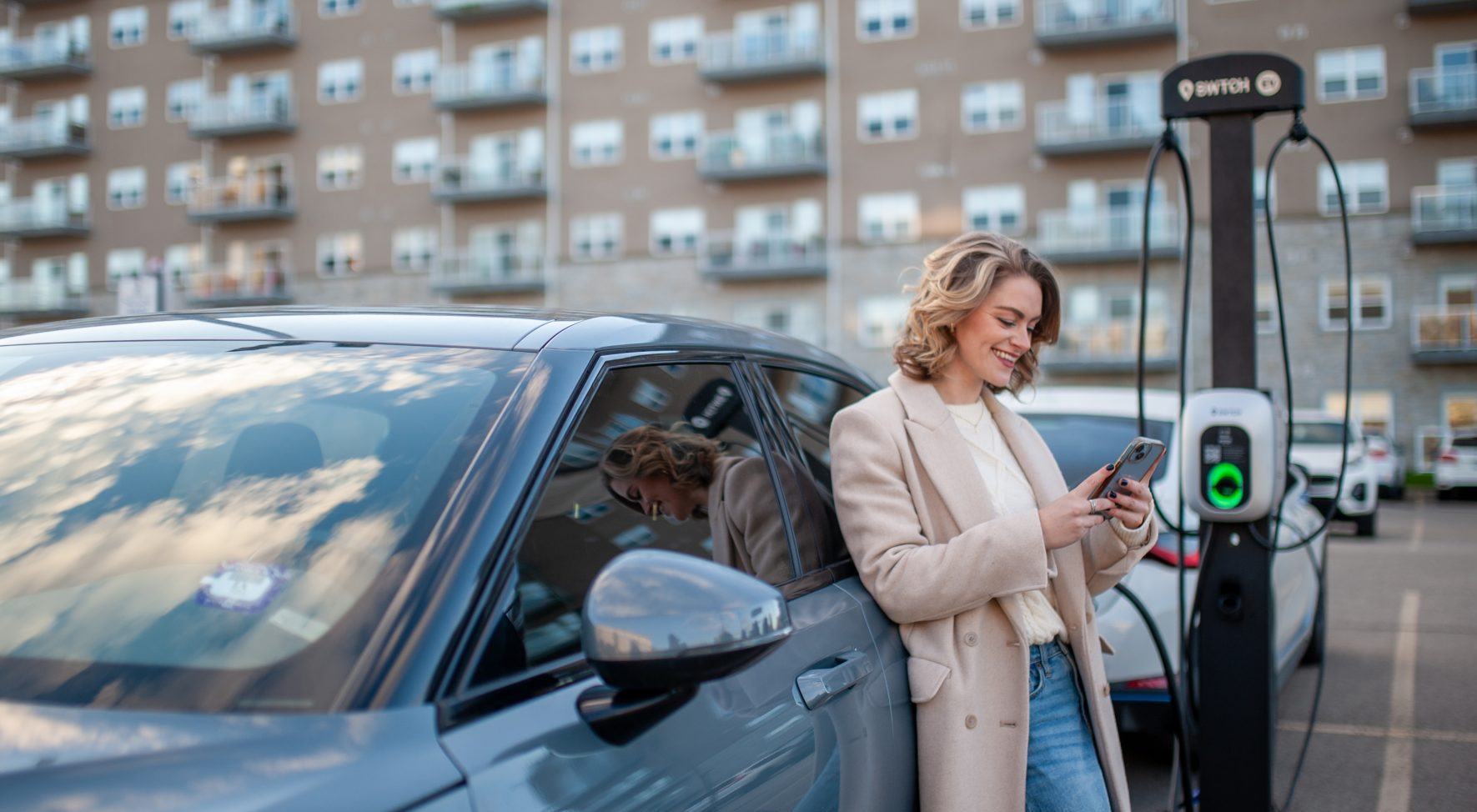Empowering Greener Communities: How Carbon Credits Fund EV Charging in BC Condos and Apartments
The Province of British Columbia has introduced an innovative program that aims to promote the adoption of electric vehicles (EVs) and support the installation of EV charging infrastructure in condos and apartment buildings. By leveraging carbon credits, condo boards and apartment managers now have an opportunity to offset the cost of EV chargers while contributing to a greener future. In this article, we will provide you with a comprehensive overview of how the carbon credit program works, the potential earnings, the application process, and other crucial information to guide your decision-making.
Understanding Carbon Credits and the Need for Purchasing Power
Carbon credits are tradable certificates that represent a reduction of one metric ton of carbon dioxide (CO2) emissions. These credits are earned by organizations or individuals who take steps to reduce their carbon footprint. In British Columbia, the provincial government has established a carbon pricing system that puts a price on carbon emissions. By participating in the carbon credit program, condo boards and apartment managers can earn credits for reducing emissions associated with transportation, such as promoting EV adoption and supporting the installation of charging infrastructure.
It is critical to note that recognized buyers of these carbon credits (large companies like Shell or Chevron) are not interested in buying simply a few carbon credits at a time, but rather buy hundreds of thousands of them at a time. SWTCH solves this problem for stratas and apartment management companies by aggregating the carbon credits from many buildings in the SWTCH network to effectively attract buyers.
How can a Condo Strata or Apartment Operator earn Carbon Credits?
Condo boards and apartment managers can earn carbon credits by installing EV charging infrastructure on their premises. The number of credits earned depends on various factors, including the charging capacity, usage rates, and the number of EVs charging at the facility. The province has a formula to calculate the estimated carbon credits earned (see image below), which takes into account these variables. It’s important to note that the program incentivizes higher charging capacity and usage rates, as they result in greater emissions reductions.
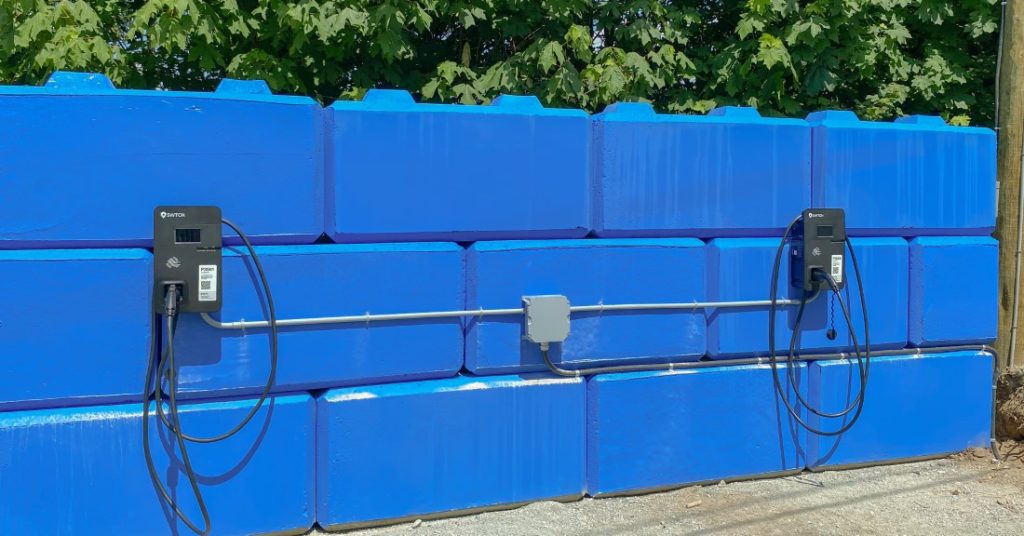
Carbon Credits alone can generate thousands annually; recouping EV charging costs in 3 – 5 years
The primary benefit of participating in the carbon credit program is the opportunity to offset the upfront investment and ongoing cost of EV chargers. Carbon credits earned can be sold to individuals, organizations, or entities that have exceeded their carbon emissions limits and need to purchase credits to achieve compliance. So far, we have seen owners generate enough carbon credit revenue to solely pay off their initial EV Infrastructure and charger investment within 3 – 5 years.
Example: MURB generates $8,000/year from four Level 2 EV charger
To showcase a real-life example, here are the figures for a 100 unit building which installed four Level 2 40 amp shared chargers (available for use by everyone in the building, and their guests). In the 2022 year, they used around 20,000 kWH charging EVs. This is equivalent to 18 carbon credits, which in 2022, generated $8700 for the building’s strata council. If the usage and carbon credit value stays similar going forward, this building will see their total EV charging installation costs recouped in just over 3 years strictly through these carbon credits (see full calculation at the bottom of the article).
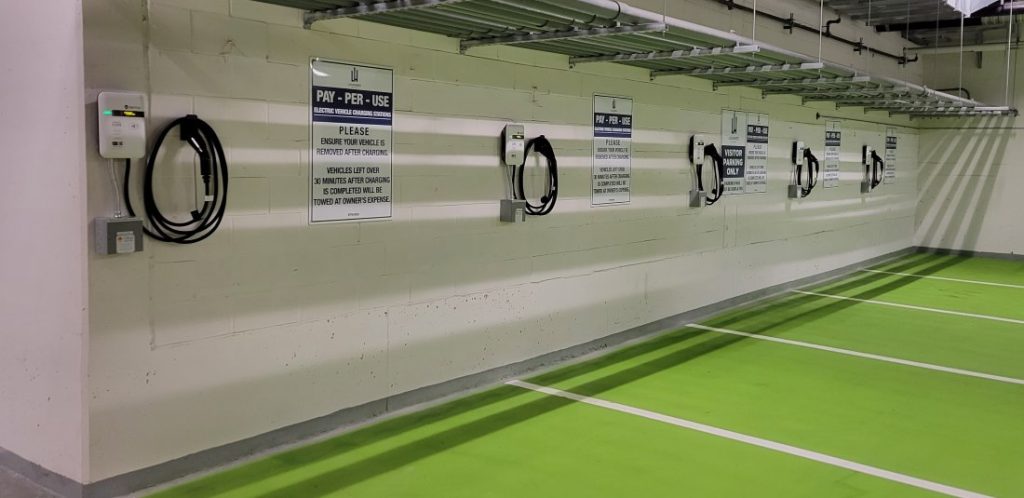
As with any example, the revenue your building can expect is fully determined by how many chargers you have, how often they are used (are they open to the public vs strictly for residents vs deeded chargers etc) and the price for carbon credits (which changes as the market evolves). Make sure to keep all of these in consideration when modeling out the case to install EV chargers in your building.
At SWTCH, we’ve led & administered this process for many stratas and apartments so far who are using SWTCH’s EV charging solution. We walk our customers through the entire process. We start by ensuring our customers understand the range in which could be reasonably expected from the carbon credit program, and then at the end of each year, we support the administration of all the necessary forms and documentation required for the annual submission process and on-going energy tracking.
Look at this calculator for a great estimating tool for carbon credits: https://e-missioncontrol.com/bc-lcfs-calculator/
Application Process
To take advantage of the carbon credit program, customers will need to ensure they’re eligible, have agreements in place, and get their application submitted before the deadline:
- Eligibility: Own a networked EV Charger(s) at a residential building with more than 5 units or own a charger(s) located in a commercial location. The charger fee must have been paid by the driver in some way. Permission has not been provided to another company to claim credits on their behalf.
- Agreements: Various agreements are required to be put in place (Representation Agreement Form, Individual Supplier Electricity Compliance Form, Credit Transfer Proposal Form, Aggregate Summary Report, FSE Identification Form). Working with a vendor like SWTCH that has experience with all of these agreements makes the process much less cumbersome.
- Application Submission: Once you’ve got all the agreements in place, you need to aggregate all the pertinent documents and submit them to the BC Government before the deadline**
Key Considerations for Participants in the Carbon Credit program
Here are a few additional points to consider when exploring the carbon credit program for your condo or apartment building:
- Ongoing Monitoring: Once your EV charging infrastructure is operational, it is crucial to monitor and report charging data regularly. This data will be used to calculate the carbon credits earned. Many charging infrastructure providers, such as SWTCH, offer advanced monitoring and reporting systems to simplify this process.
- Maintenance and Support: Ensure that you have a maintenance plan in place to keep the charging infrastructure functioning optimally. Select a reliable charging infrastructure provider that offers comprehensive support and maintenance services.
- Public Accessibility: To maximize the environmental impact and potential earnings from carbon credits, consider making your charging infrastructure available for public use.
- Value of Carbon Credits: For budgeting and forecasting, it’s key to understand that the value of carbon credits can fluctuate from year over year, so having flexibility in your revenue model is advised.
- Submission Deadline: The next deadline to submit is on March 1st of 2024. This is the deadline to submit the aggregated 2023 carbon credits.
- Program is only a provincially based program in British Columbia at this time.
If you’re looking into installing EV chargers at your building and interested in chatting about your potential eligibility and revenue opportunity at your building, check out SWTCH’s Multifamily EV charging solution, and feel free to get in touch with our resident expert, Ramsey Alfantazi.
If you have installed chargers that aren’t on the SWTCH network and currently aren’t getting credit for your carbon credits, feel free to connect with Ramsey to learn about options you have.
